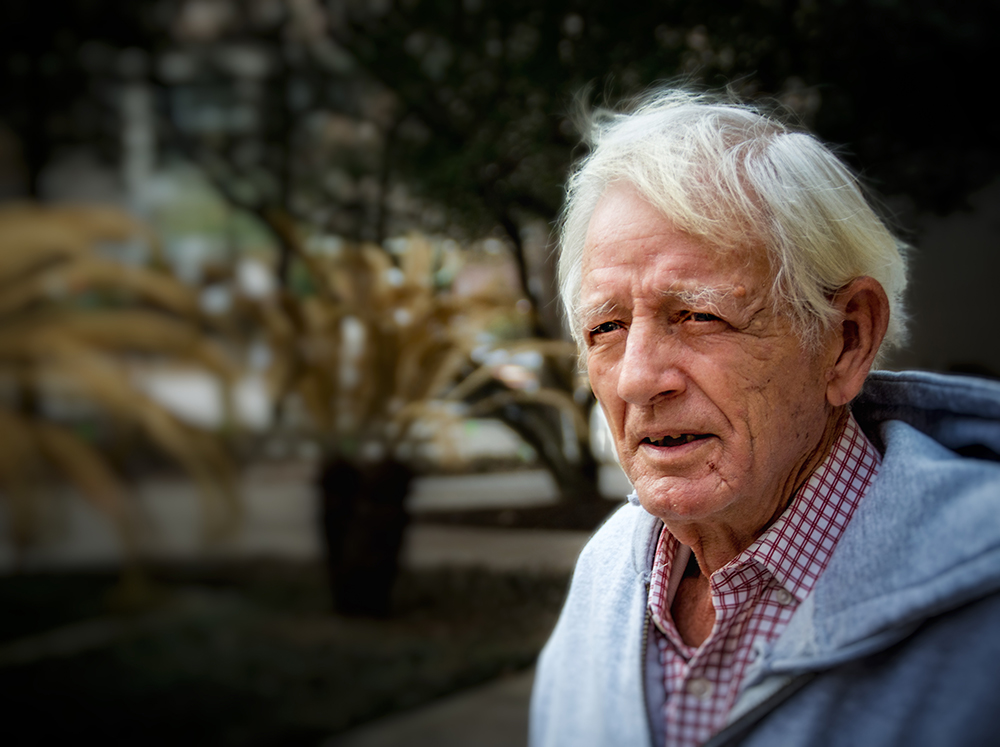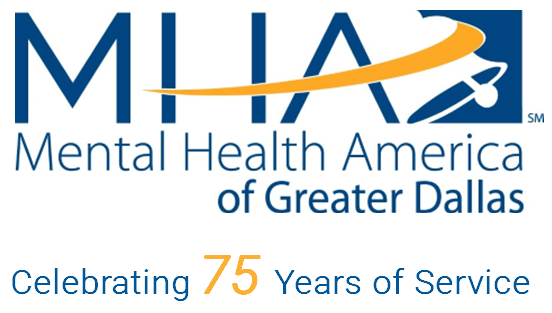What is
On July 16, 2022, 988 became the new national hotline for suicide prevention and mental health emergencies. Callers in crisis are now able to speak to a trained counselor at a certified call center in their state. A local crisis response team should be dispatched to help individuals who are in imminent danger to themselves or others.
The 988 system will include:
- 24/7 crisis centers — someone to talk to
- mobile crisis teams — someone to respond
- crisis stabilization programs — somewhere to go [1]
Congress passed the National Suicide Hotline Designation Act in September of 2020. Though a national suicide hotline has existed for years (1-800-273-TALK), the new three-digit number will be easier to remember and use. The bill requires states to implement the number by July 16, 2022.
In recent years, national attention has been given to the state of mental health care and lack of crisis response in the United States. 988 is a significant opportunity to change how we care for people with mental illness and substance use disorders in our communities. The goals of the program include decriminalizing mental health emergencies, providing life-saving services, and transforming the behavioral health crisis response system.[2]
SOURCES
[1] 988 Reimagining Crisis Response
[2] 988 Appropriations Report


Why is 988 Important?
One in five people in the United States live with mental illness.[1] In Texas, 6.4% of adults and 14.6% of adolescents reported having a major depressive episode in the past year.[2] Almost 4,000 Texans died from suicide in 2019.[3]Historical increases in mental illness and substance use disorders have made addressing behavioral health issues a top priority. The national push to implement 988 has led to a re-imagining of the crisis response system that will reap benefits at an individual, local, state, and national level.
For many years, 911 has been the designated number for all emergencies, including crises. First responders, usually police, have little to no training in mental health. Crisis calls occur frequently and are challenging for both the officer and individuals with mental illness. Despite the best efforts of law enforcement, a police response may further distress the caller. Individuals experiencing crises must be handcuffed before being transported to a hospital or jail. In the most tragic scenarios, police officers or the individual in crisis may be injured or killed.
Comparing 988, 911, 211
988
Designated for mental health emergencies.
Callers will be able to talk to a mental health professional.
Mobile crisis teams available for dispatch.
911
For all emergencies, including crisis.
Callers are connected to police, fire department, or ambulance services.
First responders, usually police, have little mental health training.
211
Non-emergency number.
Connects callers to local resources including food banks, shelters, and treatment options.
Call centers do no specialize in suicide prevention or counseling.
